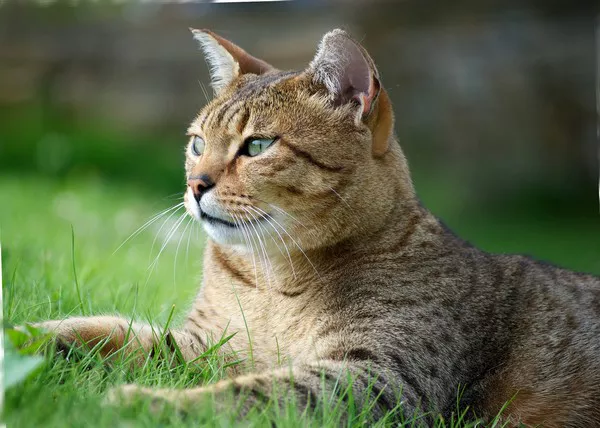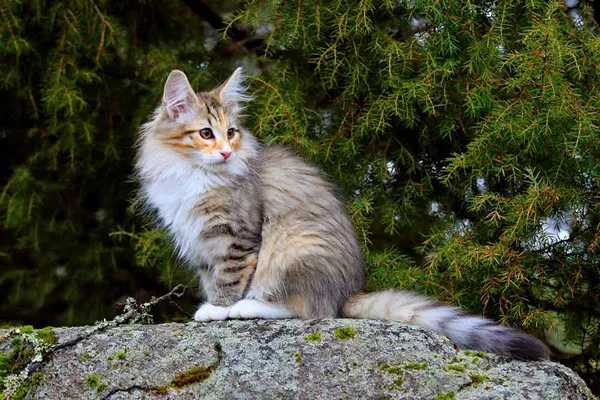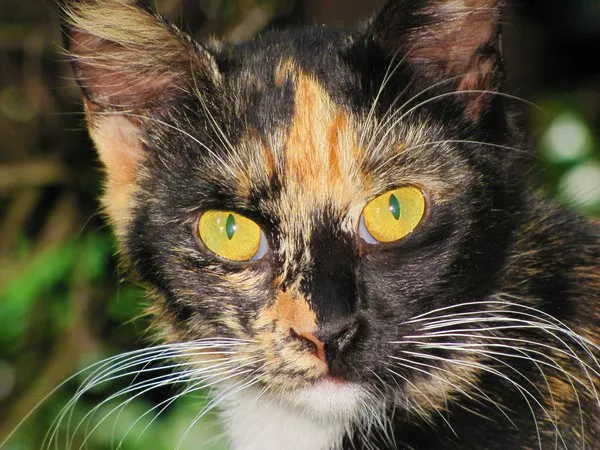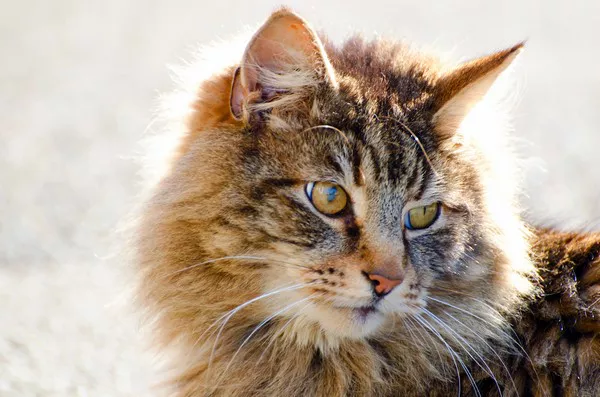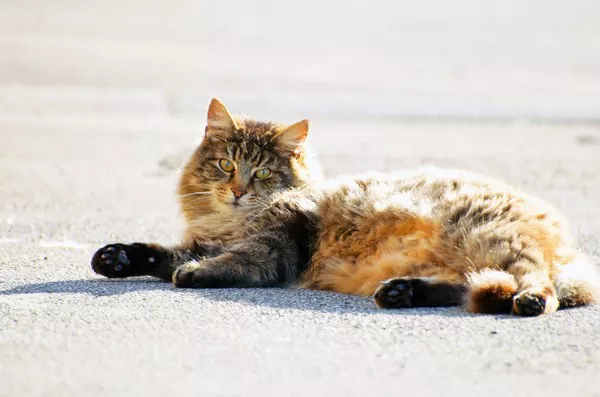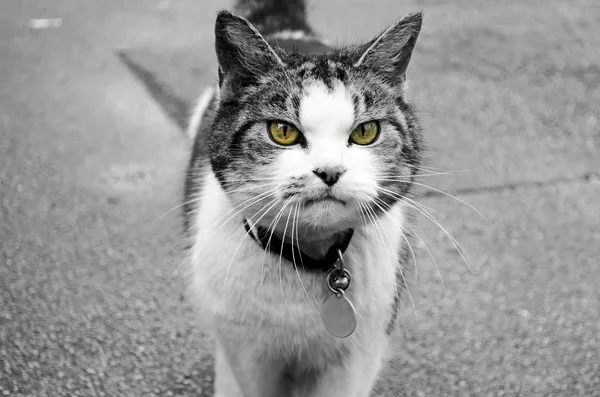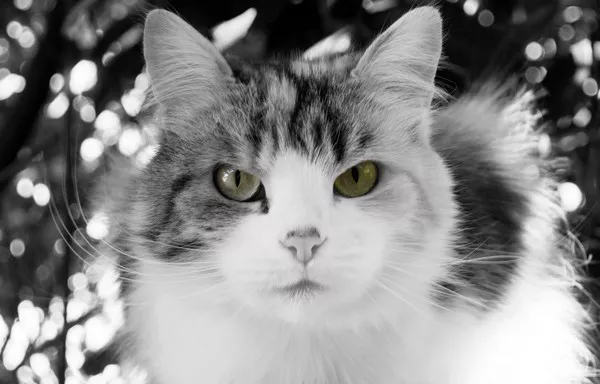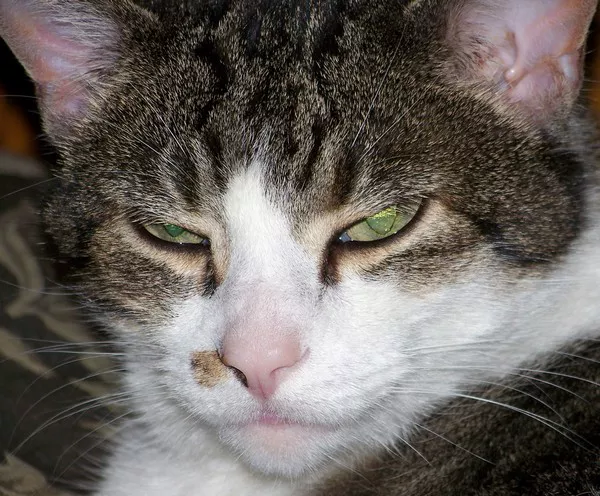The Egyptian Mau is a striking breed known for its spotted coat, gooseberry green eyes, and a somewhat mystical origin that dates back to ancient Egypt. Known for their speed, intelligence, and agility, these cats often exhibit a playful and adventurous nature. With such characteristics, many Egyptian Mau owners might wonder whether it’s safe or beneficial to allow their cats outdoor access. This article explores the pros and cons of letting Egyptian Maus go outside and provides training tips for those who decide to introduce their cat to the outdoors.
Understanding the Egyptian Mau
Before deciding whether to allow your Egyptian Mau outside, it’s important to understand the specific traits and needs of the breed.
Breed Characteristics and Temperament
Egyptian Maus are medium-sized cats distinguished by their muscular build and unique coat pattern. They are one of the few breeds with naturally occurring spots, which add to their exotic appeal. In terms of temperament, Maus are known for being loyal, somewhat possessive of their families, and more reserved around strangers. They have a moderate to high activity level and are highly intelligent, which means they require mental stimulation and physical activity to stay healthy and happy.
Health Considerations
Generally healthy, Egyptian Maus can live up to 15 years or more with proper care. However, like all cats, they can be prone to certain genetic health issues, such as heart problems and kidney diseases. Regular veterinary check-ups are crucial to maintaining their health, whether they are indoor or outdoor cats.
Pros and Cons of Outdoor Access for Egyptian Maus
Allowing an Egyptian Mau to explore the outdoors can have both benefits and risks that need to be carefully weighed by each pet owner.
Benefits of Outdoor Access
Physical Exercise: Outdoor activity can help maintain a healthy weight and promote stronger muscles and joints.
Mental Stimulation: The outdoors is rich with sights, sounds, and smells that can keep a cat mentally engaged.
Behavioral Enrichment: Access to the outdoors can reduce behavioral problems linked to boredom or excess energy.
Risks of Outdoor Access
Safety Concerns: Traffic, predators, and other dangers pose significant risks to outdoor cats.
Health Risks: Exposure to parasites, toxins, and contagious diseases can be higher outdoors.
Environmental Impact: Cats are natural hunters, and they can negatively impact local wildlife populations.
Training Your Egyptian Mau for Safe Outdoor Access
If you decide that the benefits of allowing your Egyptian Mau outdoors outweigh the risks, proper training and precautions are essential to ensure their safety.
Leash Training
Leash training is a safe way to introduce your Mau to the outdoors. Here’s how to start:
Choose the Right Harness: Select a comfortable, snug-fitting harness designed for cats. Avoid using a collar as it can be harmful if the cat climbs and falls.
Initial Indoors Training: Allow your cat to wear the harness indoors for short periods to get used to it.
Associate Harness with Positive Experiences: Use treats and playtime to create positive associations with the harness.
Short Outdoor Visits: Start with brief visits outside, gradually increasing the duration as your cat becomes more comfortable.
Enclosed Outdoor Spaces
Creating a cat-safe enclosure or ‘catio’ can offer a balance between safety and outdoor enjoyment. Consider these tips:
Location: Choose a spot that provides a good mix of shade and sun.
Size and Security: Ensure the space is large enough for exploration and secure against escape or entry by other animals.
Enrichment: Include climbing structures, perches, and toys to enhance the space.
Training Tips for Outdoor Safety
Routine: Establish a routine for outdoor excursions to help manage your cat’s expectations.
Supervision: Always supervise your Egyptian Mau while they are outdoors, even in an enclosed space.
Identification: Ensure your cat wears a breakaway collar with an ID tag and is microchipped for identification in case they escape.
Behavioral Considerations and Adjustments
Monitoring Behavior and Health
Watch for any changes in behavior or health that could indicate stress or illness related to outdoor activities. Common signs to look out for include:
1. Changes in appetite or weight
2. Unusual aggression or lethargy
3. Signs of injury or illness
Environmental Enrichment Indoors
For owners who decide against outdoor access, providing sufficient indoor enrichment can keep an Egyptian Mau healthy and stimulated:
Interactive Toys: Use puzzle feeders, laser pointers, and interactive toys to keep your cat engaged.
Vertical Spaces: Cat trees and wall shelves can simulate the climbing opportunities cats seek outdoors.
Routine Play: Regular play sessions help mimic the hunting experiences cats crave.
Conclusion
Whether or not to let an Egyptian Mau outside is a decision that requires careful consideration of the risks and benefits. For those choosing outdoor exposure, training for safety and close supervision are critical. Alternatively, a well-enriched indoor environment can also satisfy an Egyptian Mau’s physical and mental needs. Ultimately, the priority should always be the health and happiness of your pet, ensuring they lead a fulfilling and safe life, whether indoors or outdoors.

